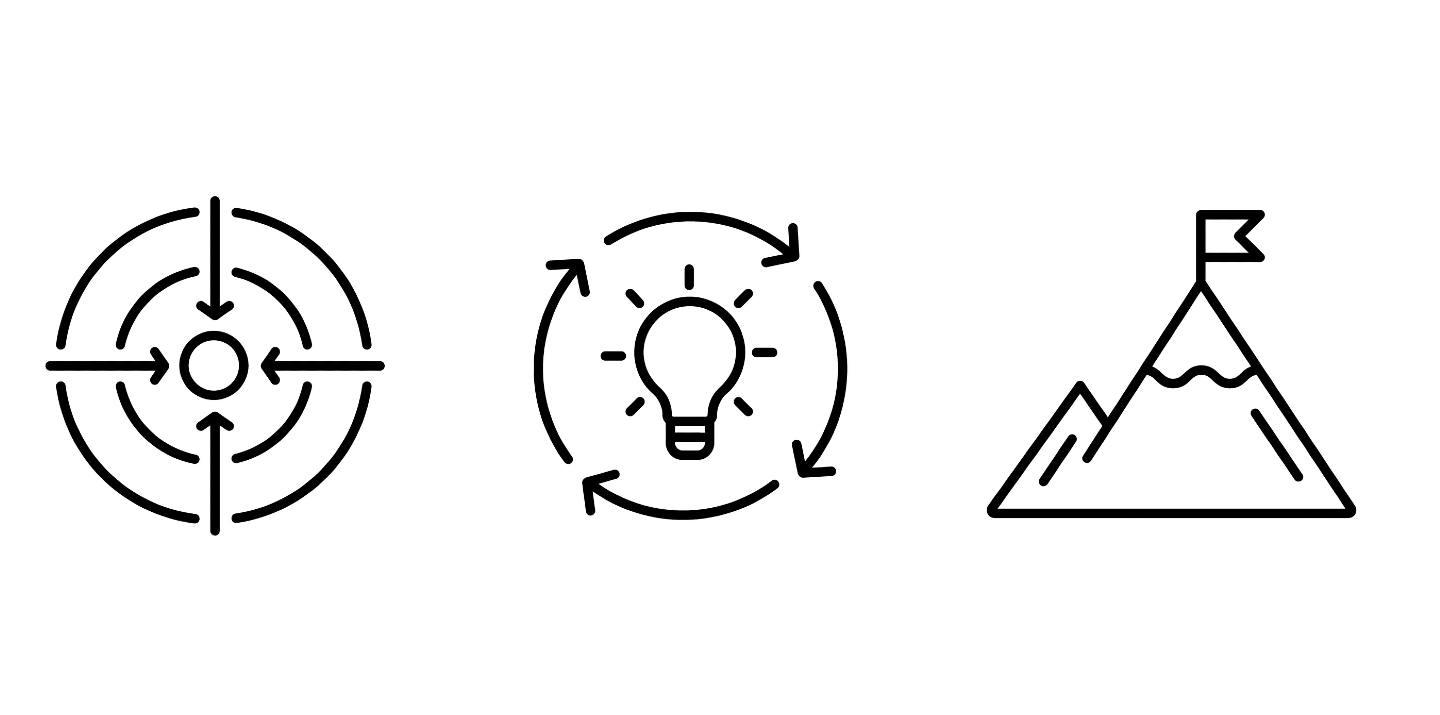
A deep dive into the data from the Global Academic Challenge
Research 16 Aug 2022 4 minute readResults from the inaugural Global Academic Challenge show that participating students are behind their international peers when it comes to understanding quantity and explaining phenomena scientifically.
The Global Academic Challenge was run by the Australian Council for Educational Research (ACER) for the first time in March 2022. The competition is based on ACER’s International Schools’ Assessment which assesses complex, higher-order thinking skills and has been used in schools around the world since 2002. The Challenge gave Australian students the opportunity to compare themselves against global benchmarks and to stretch themselves beyond the curriculum.
The Challenge offered teachers greater insights into students’ learning, including their relative strengths and weaknesses across mathematics, reading and science. With more than 2000 Australian students in Years 4, 6 and 8 participating it was an opportunity to identify valuable insights among the Australian cohort.
In an article published in Teacher, ACER Senior Research Fellow Frances Eveleigh has taken a close look at some of the questions, and broader look at the overall results.
Ms Eveleigh identified that, ‘Interestingly, the results for the reading challenge revealed very few differences in reading ability between the Australian participating cohorts and the international cohort.’ Her analysis then focused solely on the mathematics and science challenges, looking at where Australian students excelled and reviewing areas for improvement.
In mathematics, Australian students were, in general, more successful than their international counterparts when answering questions relating to space, shape, uncertainty and data. The Australian results showed that our students have further work to do to match the achievements of international students in the content area of quantity.
In science, Australian students in all year levels performed comparatively stronger than the international reference group when asked to interpret data and evidence scientifically.
Our Year 6 students also showed greater ability to evaluate and design scientific enquiry. Opportunities for improvement exist across all year levels to be able to explain phenomena scientifically.
The article takes a close look at some of the questions used and examines the answers most selected and why. In the mathematics section, students were presented with questions set in real-life contexts. Some students would demonstrate a partial understanding of the overall process needed to solve the problem presented. Ms Eveleigh’s article walks through the processes needed to reach the correct solution and also suggests possible ways this could be implemented in a classroom environment.
The Global Academic Challenge will run again in 2023, click here for more information or to register.
Read the full article: ‘Challenging students beyond the curriculum in Mathematics, Reading and Science’ written by Frances Eveleigh and published in Teacher magazine.
